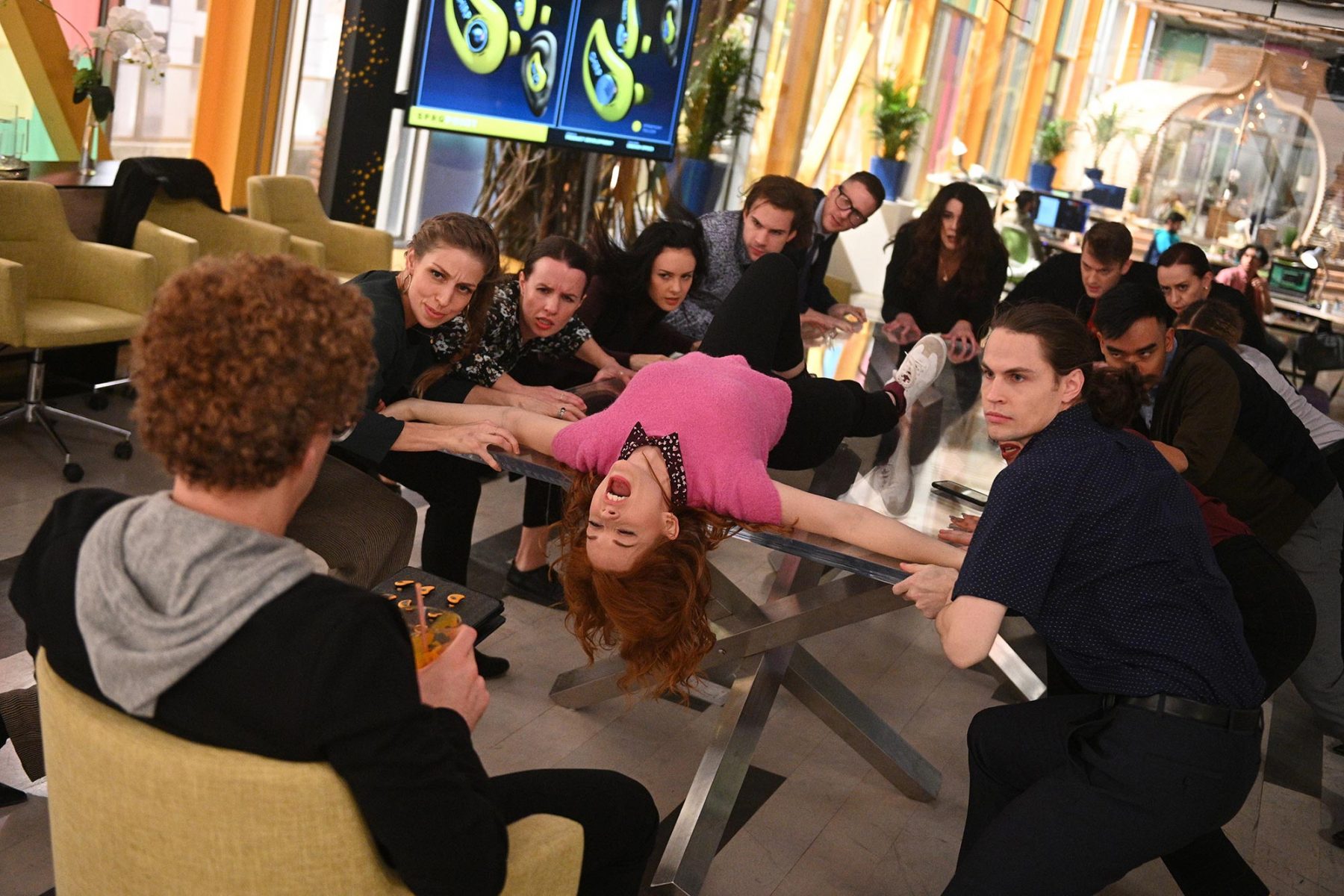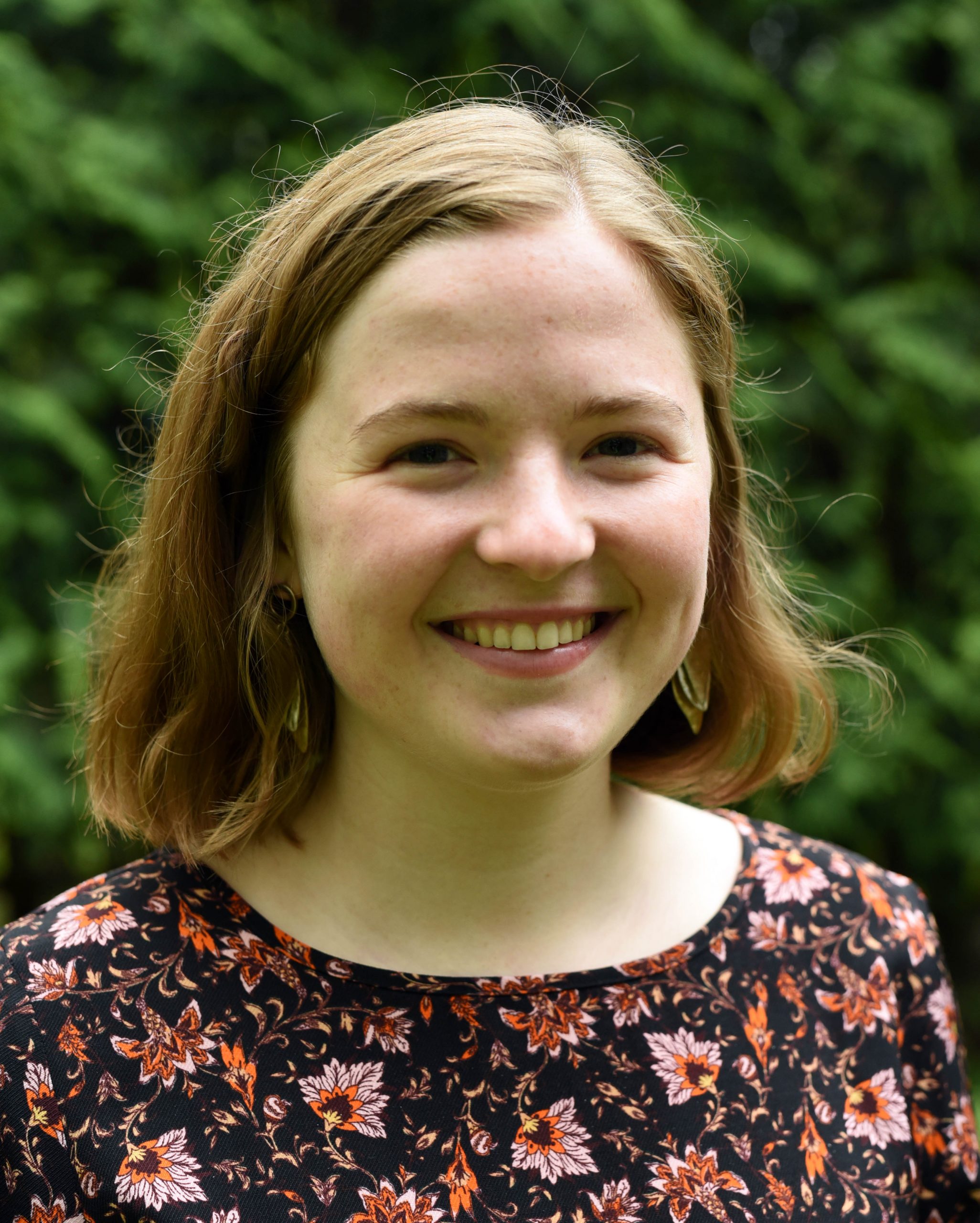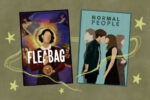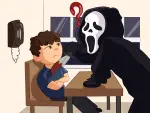With rousing ensemble numbers and flashy dance breaks, musicals provide an immediate sense of inspiration that can be difficult to summon in real life. For theater fans like me, it is common to find ourselves daydreaming about escaping conflicts through an outburst of song. But while I often yearn for a melodious cure to my problems, I know life is not so simple. Luckily, I have found a way to indulge my daydreams with NBC’s new series “Zoey’s Extraordinary Playlist,” which is exploring human emotions through music while upending the tropes of the standard musical.
“Zoey’s Extraordinary Playlist” follows Zoey Clarke (Jane Levy), an up-and-coming coder at SPRQ Point, a San Francisco tech company. She initially leads a pretty normal life; however, when an earthquake disrupts her MRI appointment, the supposedly calming music emanating from the machine changes her brain. Soon, she begins to hear people’s inner thoughts and feelings through private displays of song and dance. Only Zoey can see and hear these performances, but she quickly learns that the emotions represented in the lyrics are very real.
Zoey confides in her neighbor Mo (Alex Newell) about her newfound power, and they develop rules about how she must respond when she hears someone sing. They decide that when she hears one of these performances (or “heart songs,” as Zoey calls them), she has a moral imperative to try to help the singer work through the problem that they are facing.
For Zoey, these musical outbursts do not resemble the lighthearted entertainment of a Broadway show. Instead, they signal conflict, urging Zoey to provide the resolution herself, and conflict abounds. At work, Zoey finds herself caught in a love triangle between Max (Skylar Astin), her best friend, and Simon (John Clarence Stewart), whose relationship with his fiancé is strained by the death of his father. SPRQ Point executive Joan (Lauren Graham) is in a loveless marriage that also complicates her work life. And most significantly, Zoey is trying to help herself and her mother, Maggie (Mary Steenburgen), cope as her father, Mitch (Peter Gallagher), suffers from a degenerative neurological disorder. These are just some of the many emotional struggles Zoey tries to remedy, with each episode focusing on the struggles of one character while still weaving in the overarching plot lines.
“Zoey’s Extraordinary Playlist” lives up to its name: With over 70 songs performed — from oldies-but-goodies to current pop songs — the cast pulls off an extraordinary feat, creating their own jukebox musical with talent to boot. Broadway veterans like Astin and Newell display outstanding vocals and flair, and watching Graham belt out hits by the Rolling Stones will always be quality entertainment in my book. Choreographer Mandy Moore heightens the production quality, giving extra character to both flashmob-style group pieces as well as solo ballads. Levy carries the story by maintaining emotional nuance through moments of silence, speech and song.
Although the series is so uplifting and full of entertainment, it is not without its faults. Accepting the reality of Zoey’s new ability requires some suspension of disbelief on the viewer’s part, especially since her power is never fully explained in detail. What is particularly puzzling is how the performances function in time, as some of the heart songs seem to extend for the real length of time Zoey watches them while others bring her back to the same moment at which they began.
As someone who finds the idea of real-life musical interludes appealing, I can get past this oversight pretty easily, but I find the introduction of Zoey’s character a bit harder to accept. Prior to the first episode, Zoey and Mo are not friends; only once Zoey consults Mo on her newfound power does she develop a relationship with him. Mo’s advice is what ultimately convinces Zoey to help the people who sing to her, but I find it doubtful that the opinion of a new acquaintance would be so influential as to change Zoey’s self-contained nature to one of committed altruism.
Some reviews have lamented the inability of the more mundane aspects of the show to compete with the high energy of the musical performances, but I think Zoey’s accelerated character development in the first episode is more at fault for the series’s rocky start. But if you can get past the first few episodes, “Zoey’s Extraordinary Playlist” starts to shine, precisely because its later episodes remedy the pitfalls that these early critics and I noticed.
Despite Zoey’s new power, much of the surrounding intrigue comes not from sensational drama, but from widely experienced human hardships. Characters grapple with love and loss, with job promotions and disappointing friends. Though these “normal” issues initially pale in comparison to Zoey’s newfound ability, their universality makes them relatable for viewers. And although the show balances multiple characters’ storylines, it provides complex character development despite its original simplification of Zoey. Once Zoey gets used to her power, her decisions about how to help others become more complicated, and her various responses give her character a more nuanced depiction.
Most poignant is the storyline of her father, Mitch, who can finally express thoughts to Zoey through song despite being rendered voiceless by his neurological condition. Thus, the real meaning of Zoey’s power comes to fruition in her interactions with her father, as hearing Mitch’s thoughts through song helps her connect with him in a way that was previously impossible. Furthermore, Zoey’s power allows her to hear how her mother and brother are coping with Mitch’s condition, revealing the depth of their grief while helping Zoey support them in their process of healing.
https://www.youtube.com/watch?v=36gy0T2M0pw
Although only one season of “Zoey’s Extraordinary Playlist” is currently available on Hulu, it was recently renewed for a second season, and I’m hoping that several storylines that were not fully addressed get more airtime. For example, Mo is gender fluid, which is overall given due representation in the series without being reductive. However, in one episode, Mo has to overcome the tension between his gender fluid identity and his faith, but the topic resolves a little too neatly and isn’t touched upon for the rest of the season. In Season 2, I would like to see the show’s writers follow up with this conflict and give Mo the full complexity he deserves.
In another episode, Mitch’s caretaker, Howie, clashes with his daughter, who is deaf, over her ambitions. Though she delivers a moving sign language version of Rachel Platten’s “Fight Song” in the episode, protesting her father’s over-protective nature, the writers then dropped her storyline. Neglecting her was another missed opportunity for complex character building and responsible representation that I hope the show remedies with its second season.
If you can get past the show’s early mistakes, sticking with “Zoey’s Extraordinary Playlist” is well worth it (if only to enjoy cameos from some notable Broadway stars later in the season). But beyond the talented cast members and the rollicking soundtrack, you’ll find yourself following Zoey’s story to the end for the appealing characters and emotional depth. Ultimately, the series combines the mundane with the theatrical, the ordinary with the extraordinary. With a narrative grounded in the universality of human joy and suffering, “Zoey’s Extraordinary Playlist” is serial storytelling done right.

















